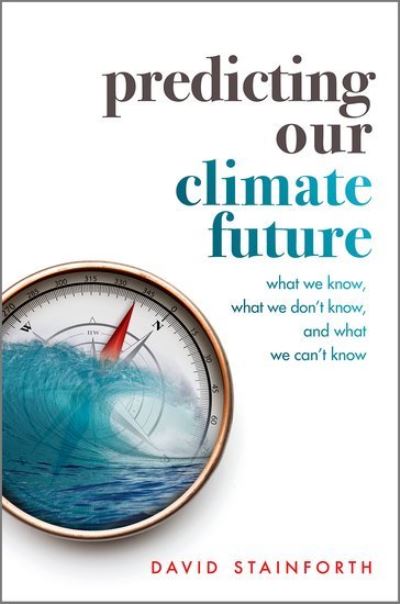
This book is about how climate science works and why you should absolutely trust some of its conclusions and absolutely distrust others. Climate change raises new, foundational challenges in science. It requires us to question what we know and how we know it. The subject is important for society but the science is young and history tells us that scientists can get things wrong before they get them right. How, then, can we judge what information is reliable and what is open to question? Stainforth goes to the heart of the climate change problem to answer this question. He describes the fundamental characteristics of climate change and shows how they undermine the application of traditional research methods, demanding new approaches to both scientific and societal questions. He argues for a rethinking of how we go about the study of climate change in the physical sciences, the social sciences, economics, and policy. The subject requires nothing less than a restructuring of academic research to enable integration of expertise across diverse disciplines and perspectives. An effective global response to climate change relies on us agreeing about the underlying, foundational, scientific knowledge. Our universities and research institutes fail to provide the necessary clarity - they fail to separate the robust from the questionable - because they do not acknowledge the peculiar and unique challenges of climate prediction. Furthermore, the widespread availability of computer simulations often leads to research becoming divorced from understanding, something that risks undermining the relevance of research conclusions. This book takes the reader on a journey through the maths of complexity, the physics of climate, philosophical questions regarding the origins and robustness of knowledge, and the use of natural science in the economics and policy of climate change.
| ISBN: | 9780198812937 |
| Publication date: | 12th October 2023 |
| Author: | David Alan Stainforth |
| Publisher: | Oxford University Press an imprint of OUP OXFORD |
| Format: | Hardback |
| Pagination: | 368 pages |
| Genres: |
Mathematical modelling Climate change Social impact of environmental issues |